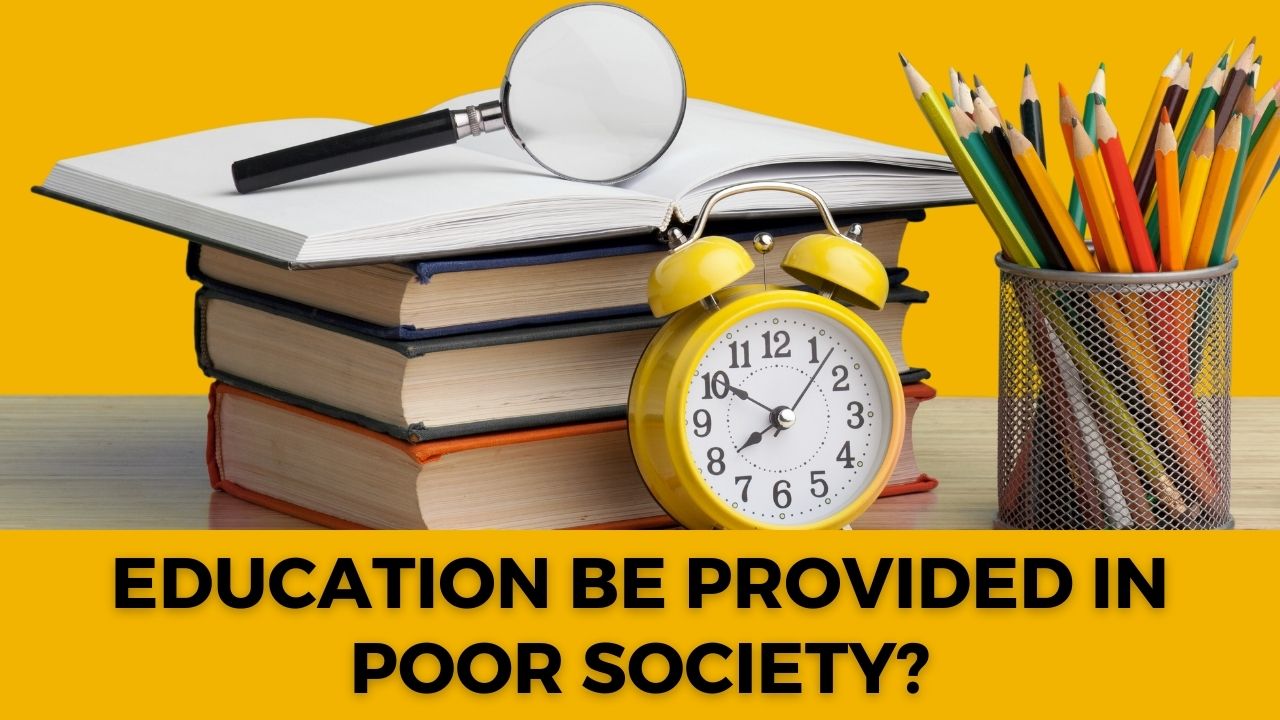
Education is often touted as the cornerstone of personal and societal development. It empowers individuals with knowledge, skills, and opportunities, leading to improved livelihoods and a brighter future. However, in impoverished communities, accessing quality education can be a daunting challenge. The cycle of poverty often perpetuates itself through generations, making it crucial to find innovative and sustainable ways to provide education to those who need it the most. In this blog, we will explore some strategies to bridge the educational gap in poor societies.
Community-Based Learning Centers
Establishing community-based learning centers is a viable solution to provide education in impoverished areas. These centers can be set up in the heart of the community, making it accessible to all residents. They can offer a range of educational services, from basic literacy and numeracy classes to vocational training and skill development programs. Local teachers and volunteers can staff these centers, ensuring a sense of community involvement and ownership.
Mobile Classrooms
In regions with scattered populations or limited infrastructure, mobile classrooms can be an effective way to reach children in remote areas. These classrooms, often housed in vans or buses, can travel to different communities, providing education where it is needed the most. With advances in technology, mobile classrooms can be equipped with educational materials, internet connectivity, and multimedia resources to enhance the learning experience.
Use of Technology
Technology can play a transformative role in providing education to impoverished communities. Online courses, educational apps, and digital resources can make learning more accessible, allowing students to study at their own pace. Donated or subsidized tablets and smartphones can help students access educational content, even in areas with limited infrastructure. Moreover, virtual classrooms can connect students with qualified teachers from around the world, expanding their horizons.
Empowerment through Adult Education
Education is not limited to children alone. Adults in impoverished communities can benefit from literacy and skill development programs that enhance their employability and income-earning potential. Empowering adults with education can break the cycle of poverty and provide a better future for their children.
Collaboration with NGOs and Charities
Non-governmental organizations NGO and charities often work tirelessly to provide educational opportunities in impoverished areas. Collaborating with these organizations can help leverage resources, expertise, and funding to establish and sustain educational initiatives. These partnerships can also ensure that education is holistic, addressing not only academic needs but also health, nutrition, and other essential aspects of development.
Promote Parental Involvement
Engaging parents and caregivers in their children’s education is crucial. Workshops and awareness campaigns can educate parents about the value of education and equip them with the tools to support their children’s learning at home. When parents are actively involved, students are more likely to attend school regularly and perform better academically.
Also Read: What is the importance of education for underprivileged?
Conclusion:
Providing education in impoverished communities is a complex challenge, but it’s one that must be addressed to break the cycle of poverty and inequality. By implementing community-based learning centers, mobile classrooms, leveraging technology, empowering adults, collaborating with NGOs, and promoting parental involvement, we can make significant strides in ensuring that education reaches even the most marginalized populations. Education is not a privilege but a fundamental right, and by working together, we can make it a reality for all, regardless of their socio-economic background.
Also Read: Top Reasons for Every Student to Choose NGO Internship

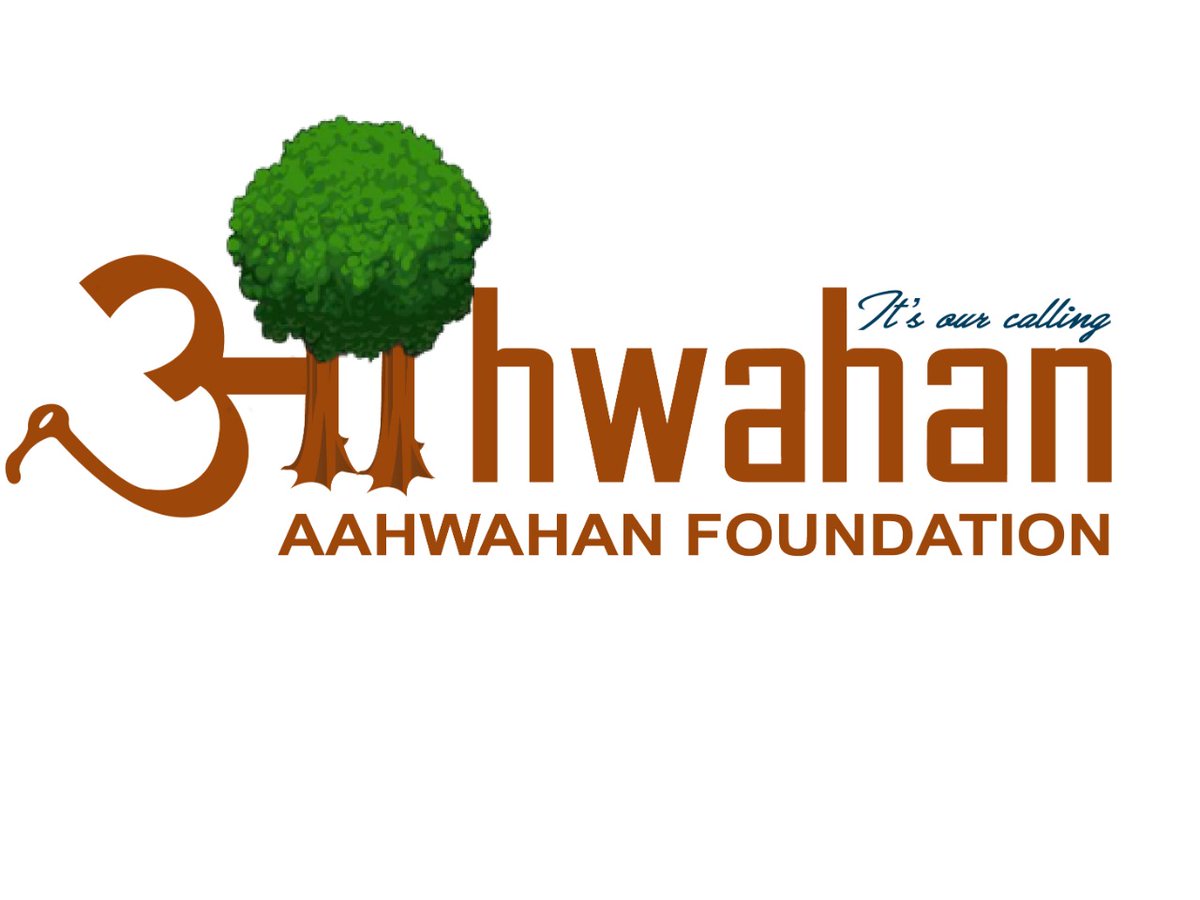
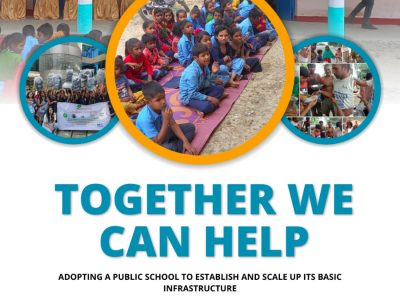
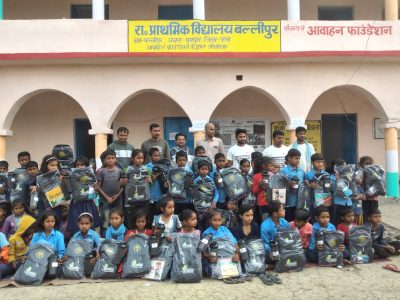
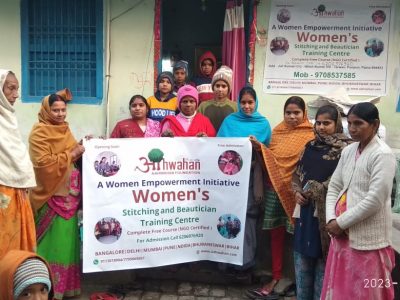

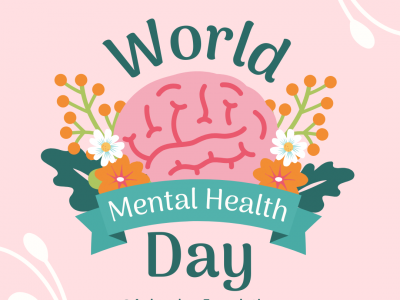
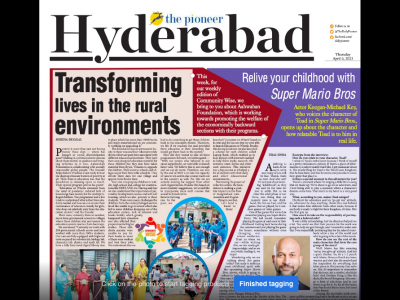
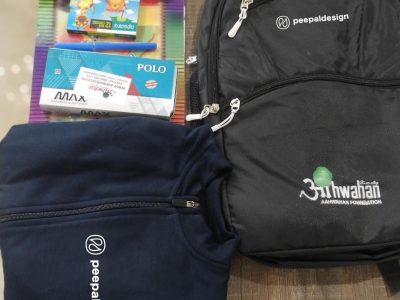
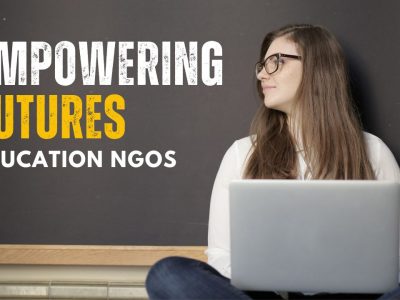
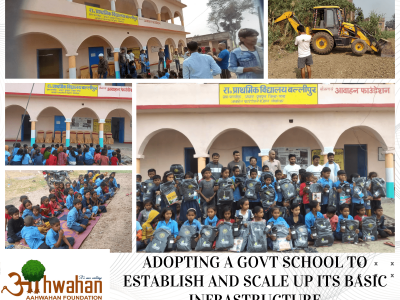
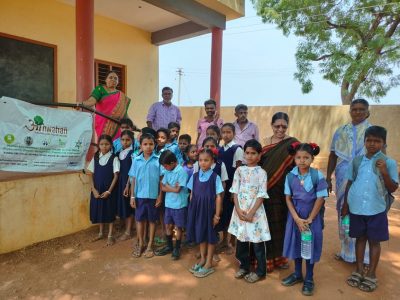

 Adopting a Public School: Scaling Up Basic Infrastructure- Aahwahan Foundation
Adopting a Public School: Scaling Up Basic Infrastructure- Aahwahan Foundation  Importance of Education for Female
Importance of Education for Female  Women’s Empowerment Role and Types
Women’s Empowerment Role and Types  Women Empowerment Program run by Aahwahan Foundation
Women Empowerment Program run by Aahwahan Foundation  Dream High, Fly High-Aahwahan Introducing Project Unnati
Dream High, Fly High-Aahwahan Introducing Project Unnati
Recent Comments